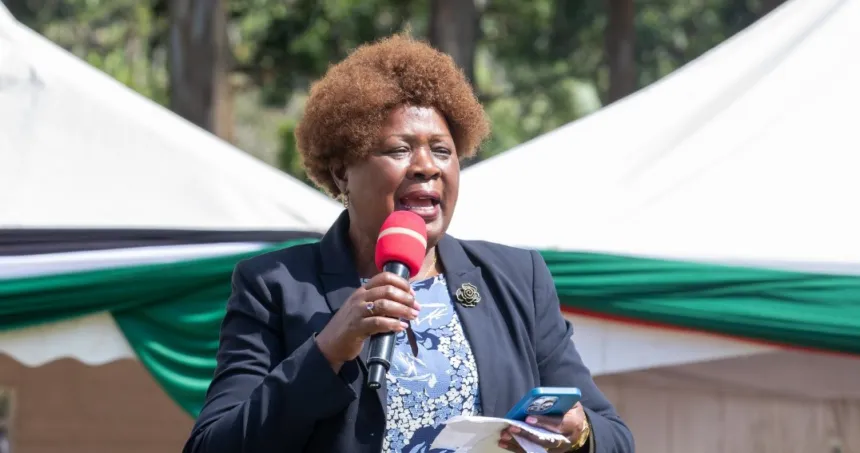The Ministry of Lands has announced plans to reconstruct lost land registers for two prime properties in Nairobi and Nakuru, raising both relief and concern in a sector long plagued by fraud and irregularities.
According to notices published in the latest Kenya Gazette, the affected properties include a parcel in Nakuru Municipality registered under Maendeleo Ya Wanawake and a Nairobi property belonging to Riverside Mansions (Management) Limited. The ministry confirmed that sufficient evidence has been provided showing the official registers for both titles cannot be traced.
The Nakuru property, known as Nakuru Municipality Block 21/469, measures approximately 0.52 hectares and is owned by Maendeleo Ya Wanawake. The Nairobi property, listed as L.R. No. 991/17 and registered under Riverside Mansions (Management) Limited, had been issued a certificate of title previously recorded as I.R. 49827/1.
Under Section 33(5) of the Land Registration Act, the ministry has issued a 60-day public notice inviting objections before the reconstruction process proceeds. If no objections are raised within that period, the registers will be reinstated in the official records, ensuring continued recognition of the proprietors.
While the move seeks to restore lost documentation, it also rekindles debate over Kenya’s long-standing land governance challenges. Past cases have shown how the disappearance of land records was exploited by cartels to alter ownership details, execute fraudulent transfers, or trigger double allocations of prime parcels.
This announcement comes as the government intensifies its land digitisation programme aimed at replacing manual records with secure electronic systems. The ministry has previously argued that digitisation will safeguard transactions, reduce tampering, and enhance transparency.
However, land experts warn that until full digitisation is realised, vulnerabilities remain. “The reconstruction process is legally provided for, but it must be managed with utmost transparency. Otherwise, it risks being another loophole for fraud,” one property lawyer noted.
The 60-day window now provides stakeholders and the public an opportunity to raise objections or provide additional evidence before the records are formally reconstructed. The ministry maintains that the process is essential to protect legitimate landowners and restore integrity in the national land registry.

